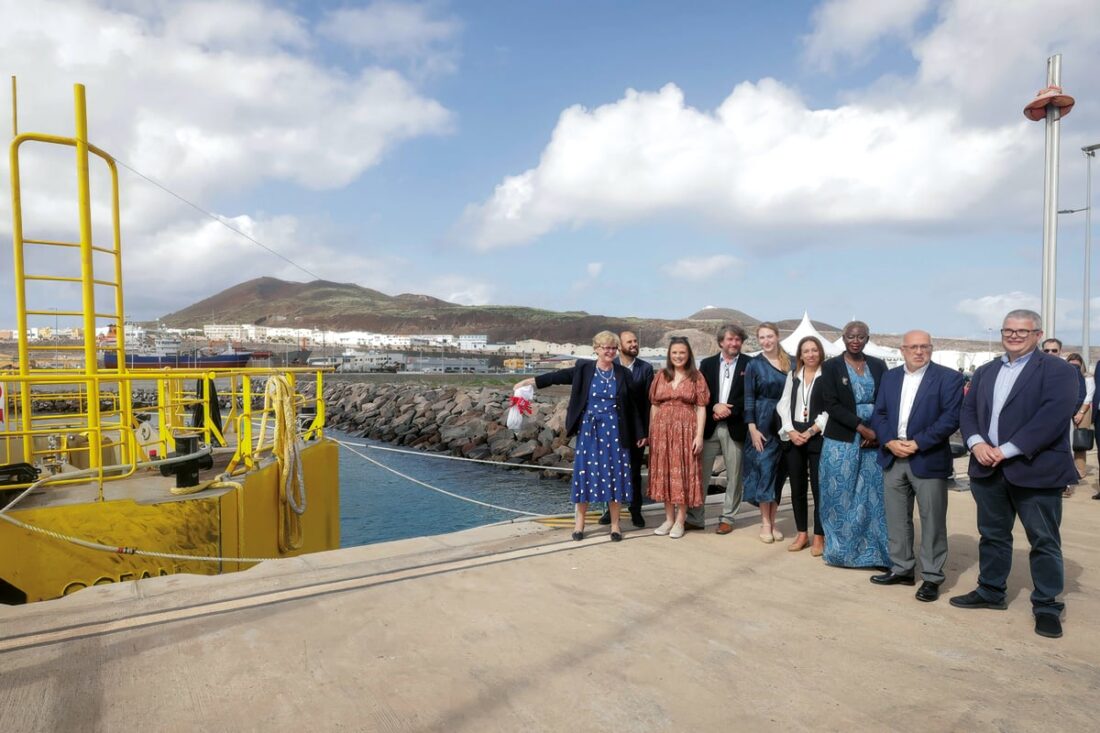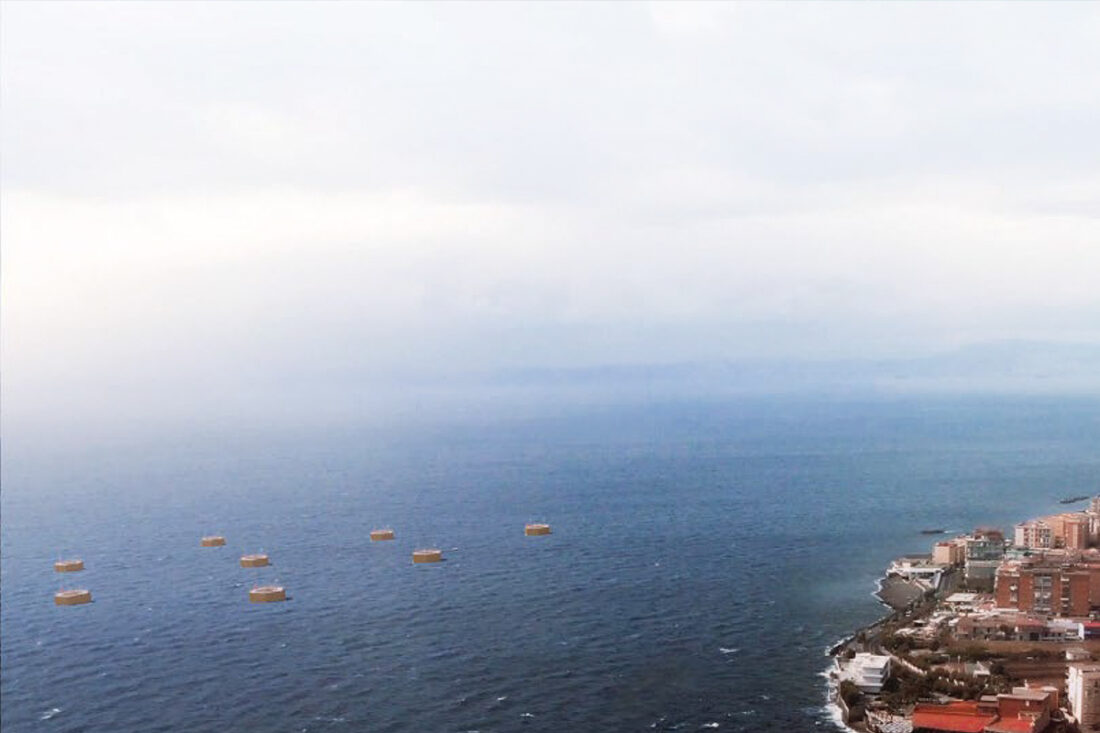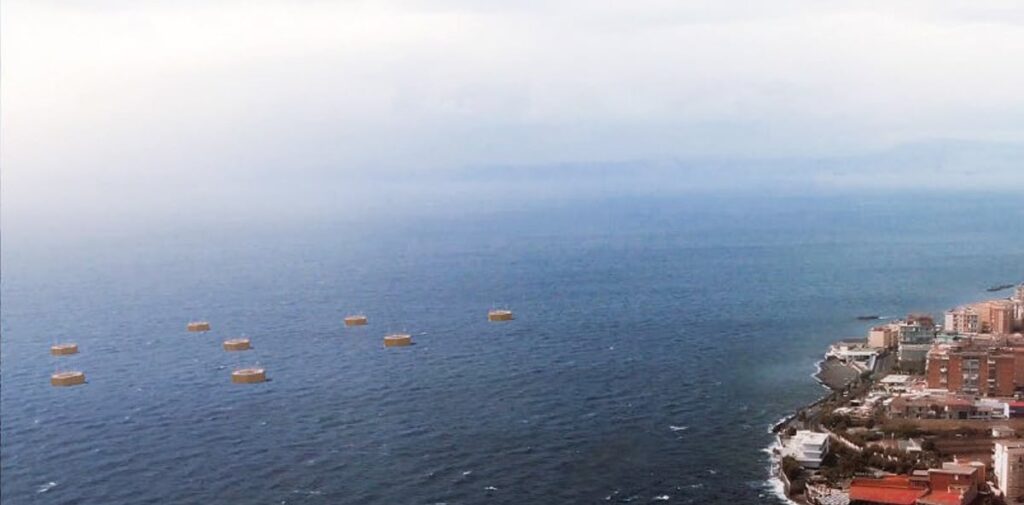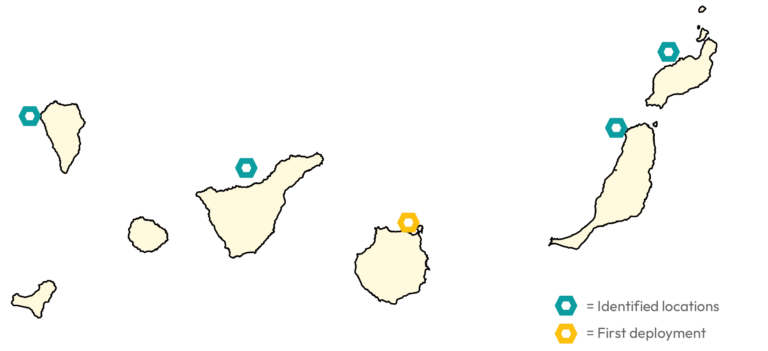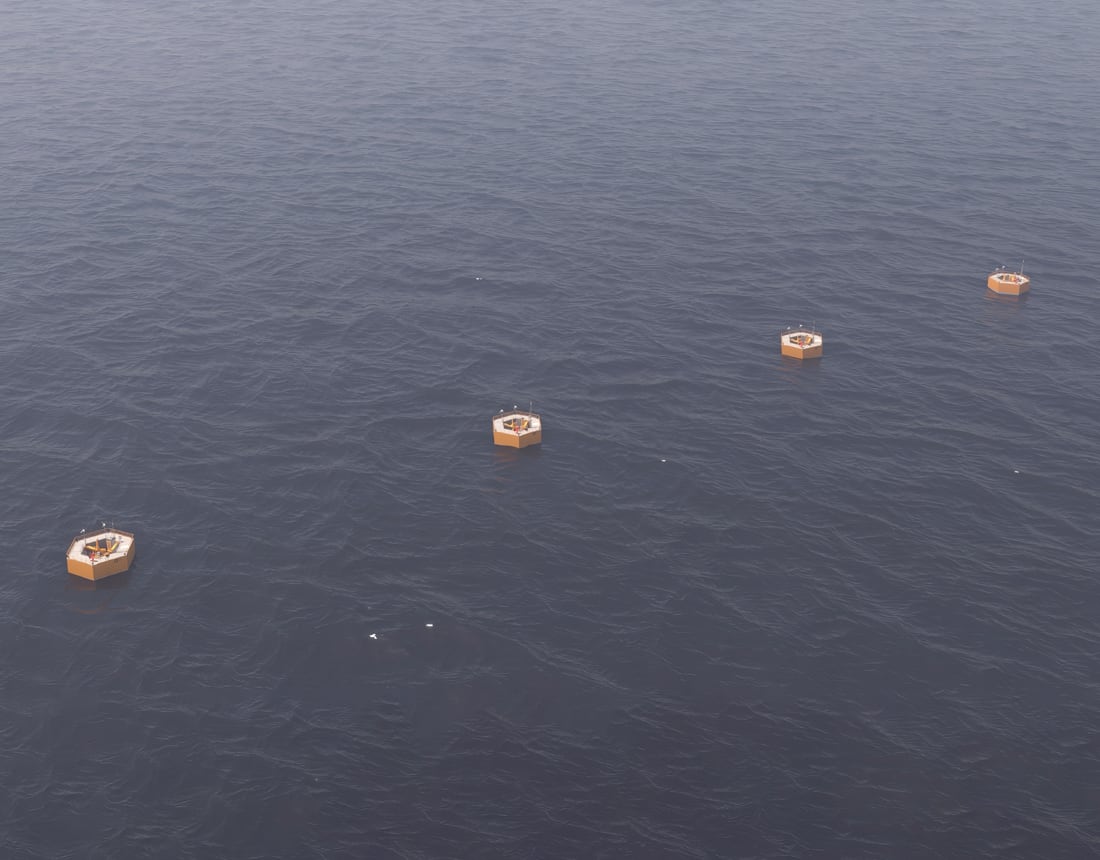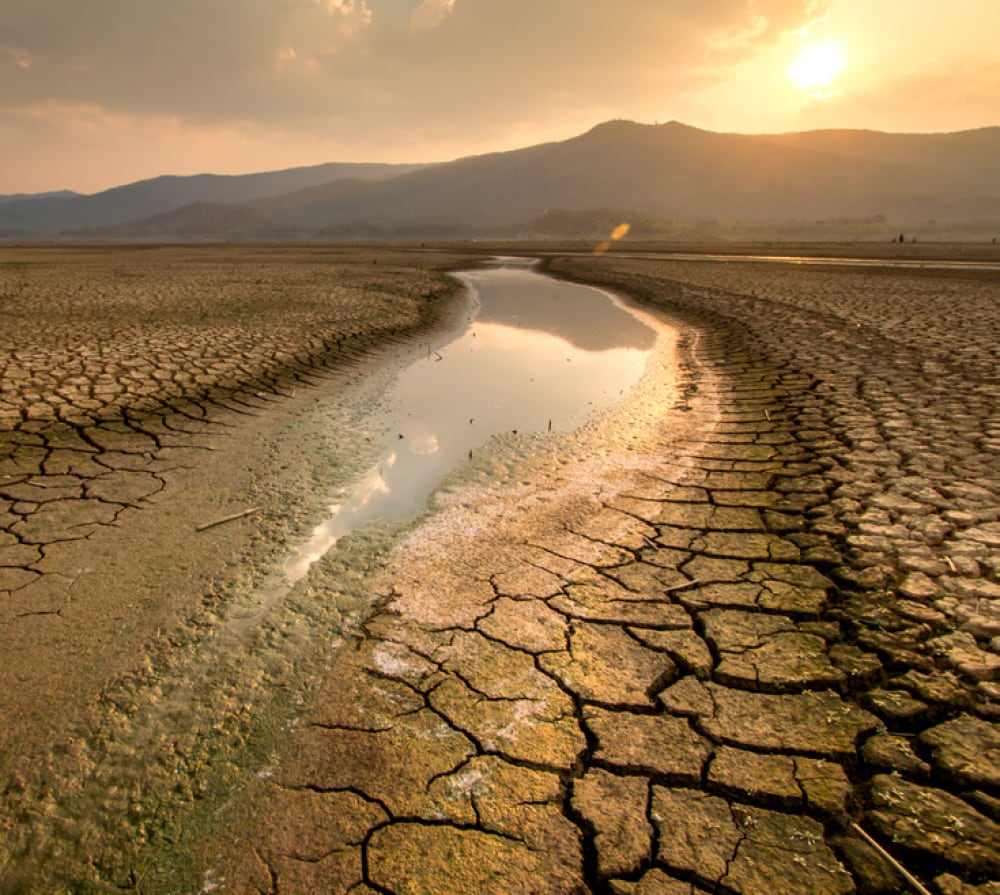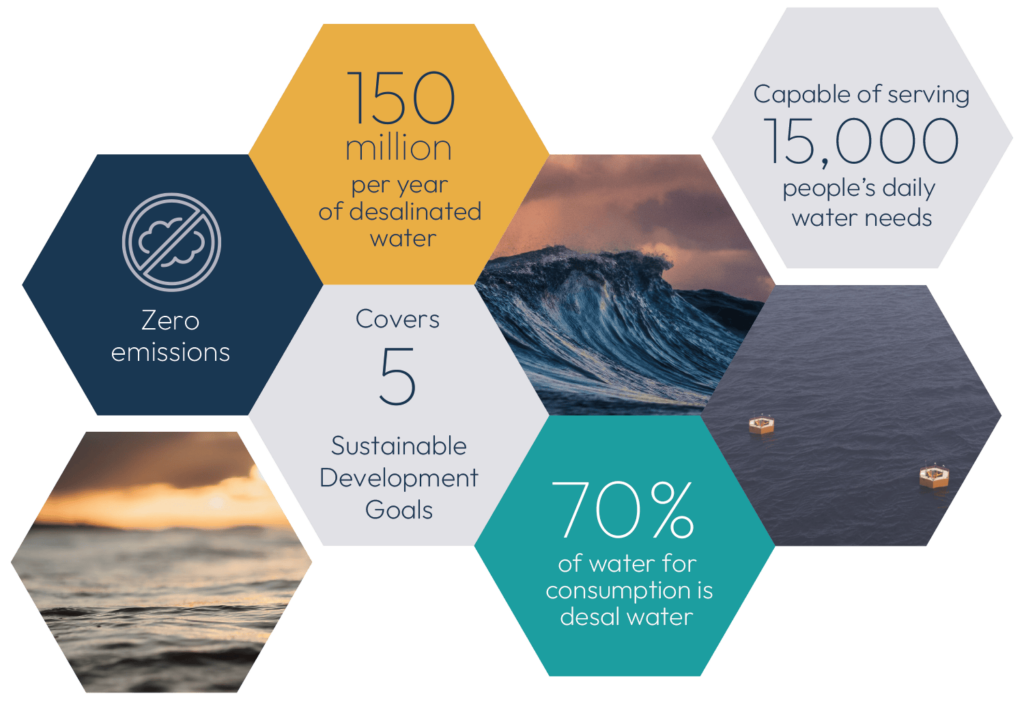Pilot Buoy Project ReWater in Las Palmas
Project ReWater: How we turned waves into fresh water
In November 2022, Ocean Oasis achieved a pivotal milestone with the launch of our ReWater project– our first full-scale prototype for wave-powered desalination. This groundbreaking technology demonstrated our vision: harnessing ocean waves to produce fresh water with zero emissions.
Tested at the Oceanic Platform of the Canary Islands (PLOCAN), ReWater benefited from excellent wave conditions and commitment to sustainable solutions.
Following successful testing, we’re now developing a commercial fleet of wave-powered desalination units that will connect directly to water distribution systems.
Through ReWater, we proved that waves can become water – establishing a technology foundation that powers our mission to transform coastal water security worldwide.
Technical innovation
Standing 10 metres tall, 7 metres in diameter, ReWater represented a remarkable technological achievement. The prototype harnesses wave energy through the relative motion of two interconnected bodies, directly powering reverse osmosis desalination without the need for electricity conversion. This approach significantly improves efficiency compared to conventional systems. Operating offshore, ReWater also minimizes environmental impact and avoids competition for land use.
Strategic testing location for project ReWater
ReWater found its ideal testing ground at the Port of Las Palmas, where we have been able to conduct open-water trials and return to dock for iterative improvement cycles.
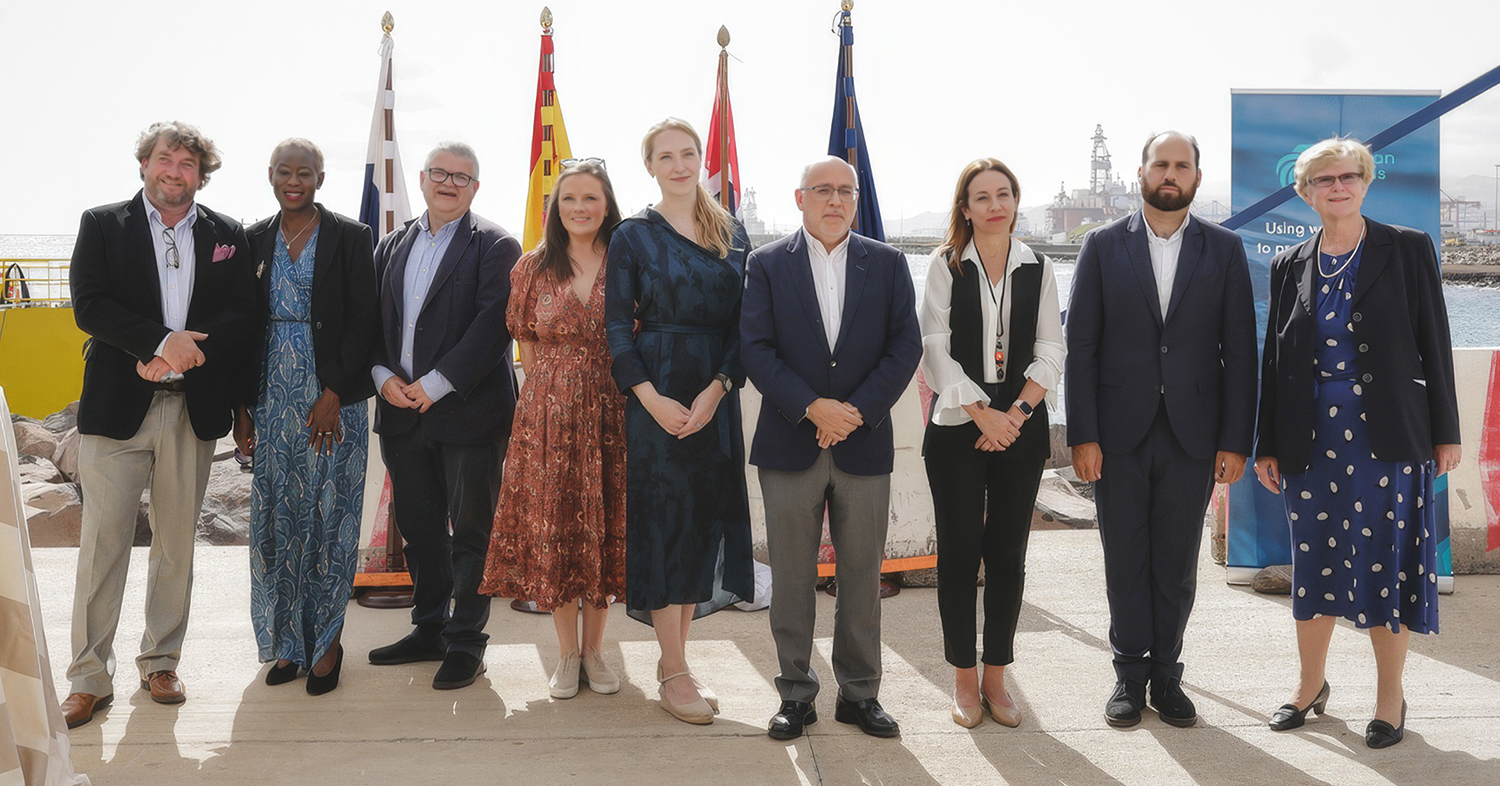
Ocean Oasis’ ReWater: moving beyond the prototype
Our ReWater project is just the beginning. Following the successful testing and validation phase, we’ve now advanced to developing a pre-commercial fleet of wave-powered desalination units. These scaled installations will connect directly to water distribution systems, helping communities tackle water stress sustainably at a larger scale.
Through project ReWater, we proved that waves can become water, establishing a technology foundation that now powers our mission to transform coastal water security worldwide.
Powerful Partnerships
This breakthrough wouldn’t have been possible without our dedicated partners:
- PLOCAN (testing infrastructure)
- Government of the Canary Islands
- Cabildo de Gran Canaria
- Innovation Norway
- European Innovation Council Accelerator
- Grieg Maritime Group
This project has received funding from the European Union’s Horizont Europe research and innovation programme under the grant agreement no.190150864

All rights reserved © Ocean Oasis | Legal Notice | Privacy & Cookie Policy
